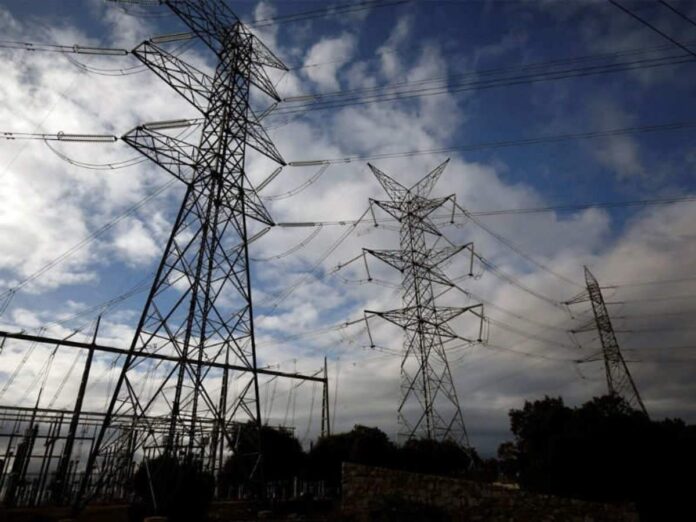ISLAMABAD: The National Electric Power Regulatory Authority (NEPRA) has notified an increase in the price of electricity by Rs 1.90 per unit on account of Fuel Charges Adjustment (FCA) for the month of May 2023.
This surge in power tariff is set to impact all consumer categories except Electric Vehicle Charging Stations (EVCS), lifeline consumers, and K-Electric consumers. The approved tariff hike will be shown separately on consumers’ bills based on the units billed during May 2023, and the effects of this increase will be reflected in the bills for July 2023.
The latest increase comes days after the regulator announced a hike of Rs 4.96 per unit in the national average tariff to generate Rs 3.98 trillion for power distribution companies (DISCOs) in fiscal year 2024. It said the increase was due to the rupee’s devaluation, high inflation and interest rates, addition of new capacities, and overall low sales growth.
Pakistan’s energy sector is plagued by multiple problems, including a rising circular debt which clocked in at Rs 2,631 arab for the July-April FY23 period.
Circular debt is racked up when power purchasers fail to pay power producers and is also known as a cash shortfall across the power supply chain. A mounting circular debt is a serious problem as it means power companies may be unable to pay for fuel, infrastructure maintenance and upgradation, thus putting the viability of the entire energy system at risk.
While approving the crucial standby agreement earlier this month, the International Monetary Fund (IMF) asked the government to reform the energy sector in terms of the cost of electricity and subsidies being given, which would address the mounting circular debt.
According to NEPRA’s notification, the latest rise in power tariff comes after an application filed by the Central Power Purchasing Agency (CPPA) on DISCOs, requesting approval for an increase of Rs. 2.05 per kilowatt-hour (kWh).
The CPPA’s application cited a total energy generation of 12,283.68 gigawatt hours (GWh) in May 2023, incurring a cost of Rs. 9.7205/kWh. Out of this, 11,954.36 GWh was delivered to DISCOs at a cost of Rs. 9.8817/kWh. The report submitted by the CPPA provides a detailed breakdown of energy production from various sources, including hydel, coal, RFO, gas, RLNG, nuclear, import from Iran, mixed sources, wind, bagasse, and solar.
NEPRA conducted hearings on July 5, 2023, to review the proposed tariff adjustments and reached a decision, despite concerns regarding the additional burden it would place on already struggling power consumers.
Consumers have already been burdened in recent months by surging fuel prices, and record-high inflation. The rising cost of electricity will not only affect households but also pose challenges to industries and businesses, leading to potential increases in the prices of goods and services, which may further strain the economy.
While the adjustment in fuel charges is a common practice to account for fluctuations in energy production costs, critics argue that such sudden increases in power tariffs can be detrimental to already burdened consumers. High electricity prices can potentially lead to reduced consumption and affect the overall economic growth of the country.
The NEPRA notification emphasises that the FCA must be implemented strictly, with concerned DISCOs adhering to court orders regardless of this new tariff increase.
As the new tariff takes effect in the billing month of July 2023, consumers are advised to be cautious about their electricity usage and explore energy efficient practices to mitigate the financial impact of the higher rates.
The government and energy regulatory authorities are expected to closely monitor the situation and take necessary measures to ensure that the increase in power tariff does not disproportionately affect the most vulnerable sections of society. With energy prices being a crucial factor in economic stability, striking a balance between covering costs and ensuring affordable electricity for consumers remains a significant challenge for the authorities.
























